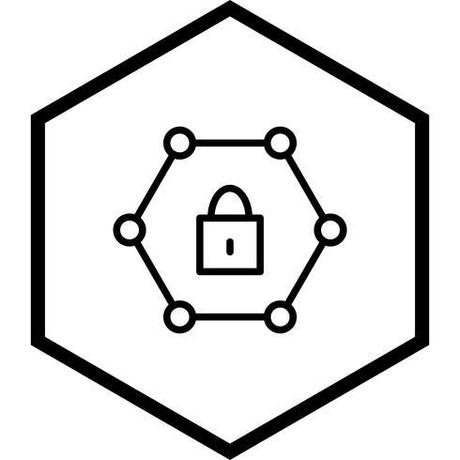
Running a company is no easy task. From long-term financial planning to managing day-to-day tasks, you have a lot on your plate. When you have to oversee marketing, hiring, accounting, sales, production, and everything in between, you may lose sight of some concerns that seem less immediate.
One of these issues is cybersecurity. If your business hasn't experienced an attack, you may not worry much about online threats. However, risks certainly exist. Research shows that breaches to data cost corporations $3.92 million on average.
While attacks on large enterprises may dominate cybersecurity news, that doesn't mean smaller businesses are immune. Regardless of your company's size, having any number of devices connected to your company's network makes you susceptible to a cyberattack.
However, there are steps you can take to protect your company, employees, vendors, clients, and customers from data breaches and malware.
1. Invest in Endpoint Security
The definition of endpoint security is simple; this cybersecurity strategy does exactly what the name suggests-it protects your business from attacks by securing each and every endpoint. Endpoints, also known as end-user devices, include desktops, laptops, tablets, and smartphones.
If left unprotected, hackers can easily access these endpoints and find a way into your company's network and steal sensitive data. With endpoint security software, you rest assured that hackers can't access your network even if you allow employees to work on their own devices and work remotely.
2. Train Your Employees
Many employers never consider the fact that properly training their employees can prevent cyberattacks. In 2019, the Internet Crime Complaint Center received 467,361 complaints, costing more than $3.5 billion in total. According to the agency, the majority of claims were the result of phishing and similar tactics.
If oblivious to possible threats, any employee could open a phishing email, leading to a security breach and severe financial damage. Here's how you can prevent this from happening:
- Make sure to hold meetings often to educate your staff about common or current cyberattack techniques and how they can prevent them. Every employee should know how to spot phishing attempts and what to do if they suspect a scam.
- Make sure that every device used by every employee has antivirus software and that employees know they need to keep these services updated.
- Send out frequent updates about new security risks and remind employees to manage their passwords. Everyone should update their passwords regularly and choose sophisticated passwords that will prevent hackers from forcing their way into your network
3. Install Antivirus Software on All Office Computers
Antivirus software helps to prevent and eliminate malicious programs. The main aim is to scan for possible threats, identify them, and remove them before they can attack your computer and steal information.
If your office computers don't have antivirus software, you risk losing vital data and sensitive information. Severe attacks can even shut down your business completely. Regular antivirus software updates fix any bugs or errors and add security patches to handle the newest threats.
4. Track User Logins on the Network
Computer monitoring software keeps track of all activities performed on a company's network. There are plenty of service providers that offer this software for a monthly fee. If the software recognizes any suspicious activity or logins from endpoints outside of the system, they will block the device's access to the network. With this software, you can also check your employees' login and logoff times.
5. Keep Servers Updated
Regularly updating your servers helps prevents the risk of cyberattacks. Since hackers often look for outdated servers to attack, updating your software fixes any bugs or glitches and optimizes its performance. If your server isn't updated, hackers can easily gain access to your internal systems. In the case of ransomware attacks, hackers block your access to your own data and demand a large sum of money for renewed access.
Take Your Cybersecurity Seriously
Using software that prevents threats and learns from previous vulnerabilities puts your company at an advantage. Apart from software, you should also run drills or practices to teach your employees what they should and shouldn't do if a cyberattack does take place. When it comes to cybersecurity, the time and money it takes to secure your network are minimal compared to what a breach could cost you.
